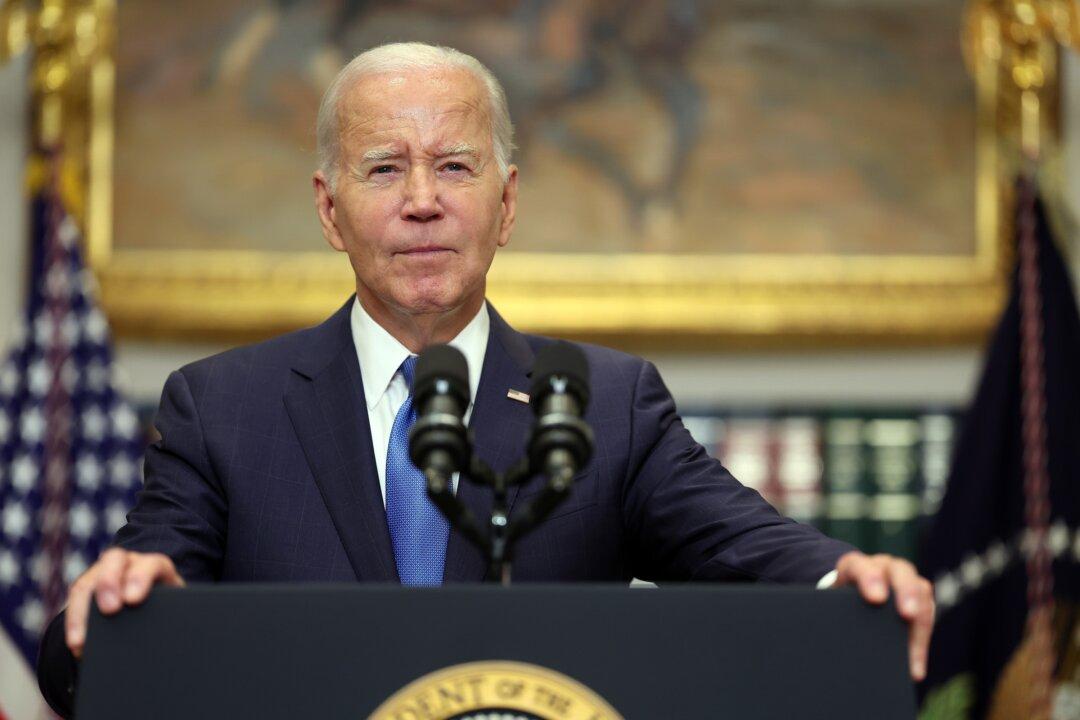Over the past year, the Biden administration has faced labor strife in multiple sectors, from railroad workers to actors and writers, although the strike of the United Auto Workers (UAW) is possibly the most significant labor crisis so far.
President Joe Biden has long advocated for labor unions and positioned himself as the most pro-union president in American history. However, his handling of the nation’s economy has already been a source of concern for blue-collar workers, and he now faces a strike that could have far-reaching effects on the economy.






